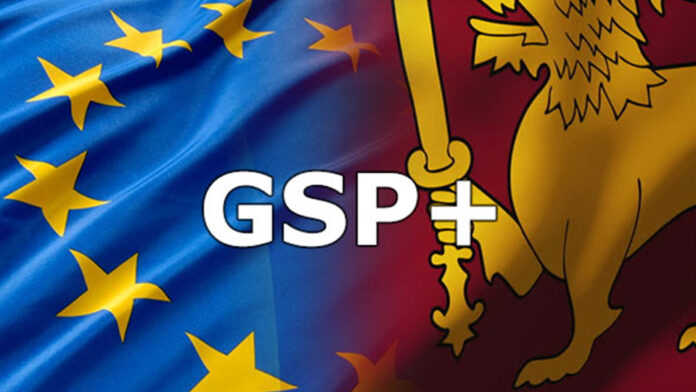Sri Lanka stands to lose up to US$ 1.23 billion in export revenue if it loses its Generalized Scheme of Preferences Plus (GSP+) trade benefits with the European Union (EU), according to a recent study by the Institute of Policy Studies (IPS).
The withdrawal of this preferential tariff system would significantly affect the island nation’s trade dynamics, as it risks seeing its tariff rates revert to Most Favoured Nation (MFN) levels, potentially resulting in a 36.7% decline in its exports to the EU.
The IPS report titled “Who Stands to Lose? The Effects of GSP+ Withdrawal on Sri Lanka’s Exports and Labour Force” explores the broader implications for Sri Lanka’s economy and labor market if its preferential trade access to the EU is revoked.
The loss of GSP+ would erode the country’s competitive edge in the EU market, shrinking export revenue while hampering efforts to diversify its export product base, especially in high-technology sectors.
The EU is a crucial market for Sri Lanka, particularly for high-tech products such as transformers, which made up 50% of Sri Lanka’s exports to the EU in 2019.
The study suggests that a GSP+ withdrawal could cause a 10% reduction in transformer exports. Additionally, the apparel sector, a key industry for Sri Lanka, is also at risk.
While this sector does not fully utilize GSP+, it could still face tariff hikes of nearly 10 percentage points, which could damage its price competitiveness in the EU market.
The loss of GSP+ would not only affect export sectors but also have adverse effects on Sri Lanka’s labor market. A reduction in export demand would likely lead to job losses in industries that rely heavily on EU markets, such as textiles and electronics.
This could exacerbate existing employment challenges, particularly for women who are disproportionately employed in these export-driven sectors.
Moreover, the erosion of preferential access could stall Sri Lanka’s aspirations to enhance its export portfolio with more technologically advanced products.
While the country has made strides in expanding its export categories beyond traditional commodities, the higher tariffs without GSP+ would likely deter new investments in high-value industries, limiting the scope for economic diversification.
In conclusion, the potential loss of GSP+ would have far-reaching consequences for Sri Lanka’s external sector, reducing its export earnings and impeding efforts to diversify its economy.
With the EU being a major trade partner, the removal of GSP+ benefits poses a significant threat, particularly to sectors such as high-tech products and apparel, which are critical to Sri Lanka’s economic growth.
The findings of the IPS study underscore the importance of maintaining these preferential trade relations for the nation’s economic stability and development.
